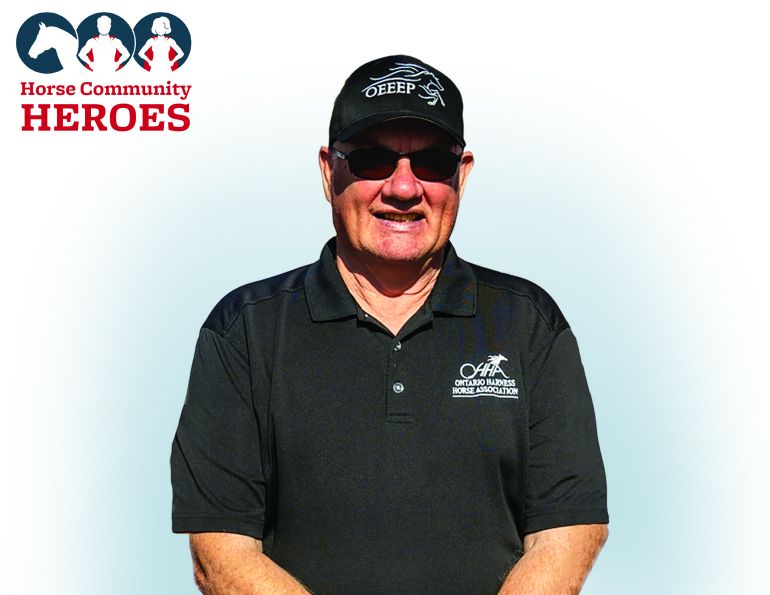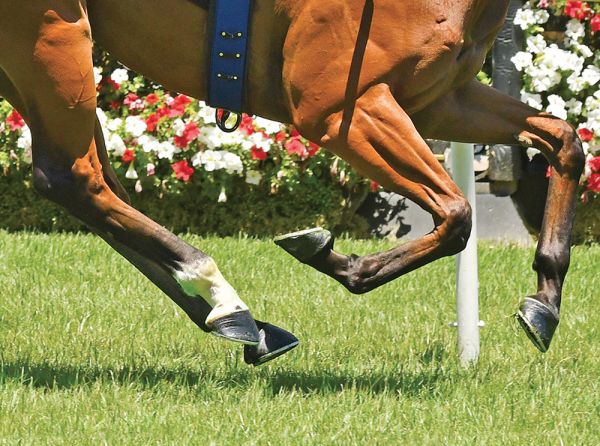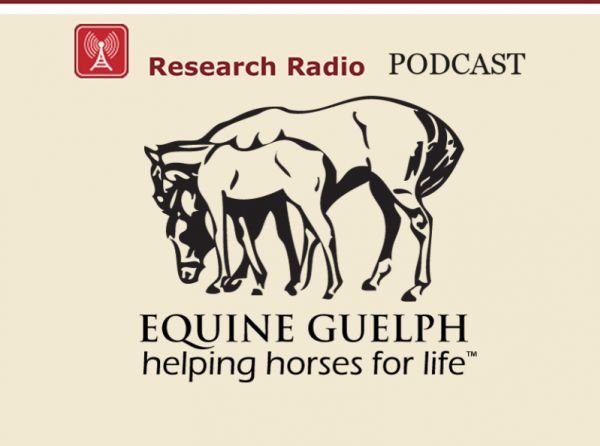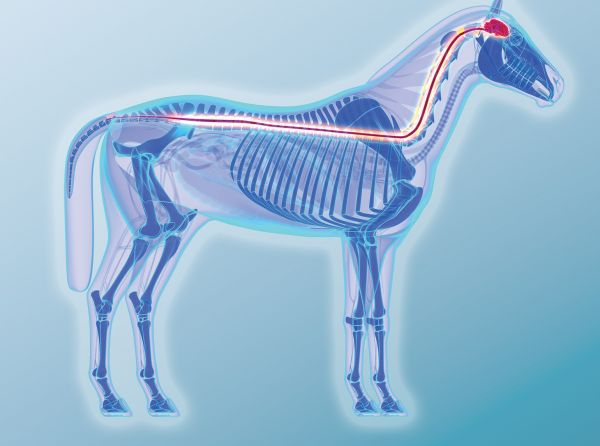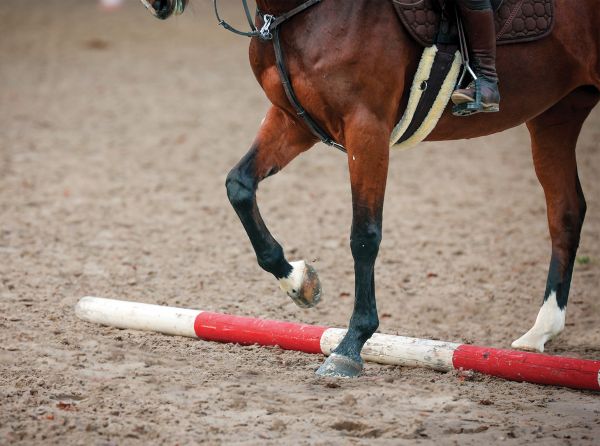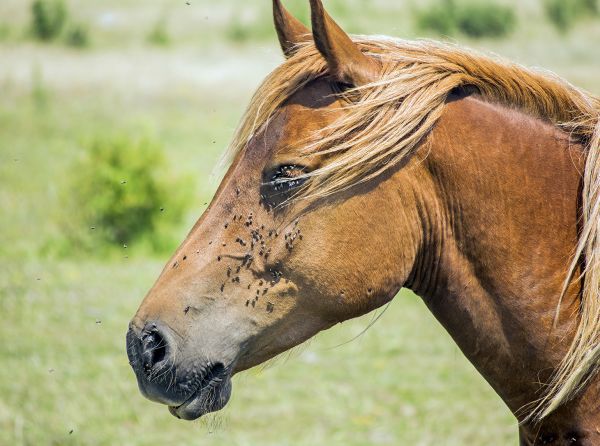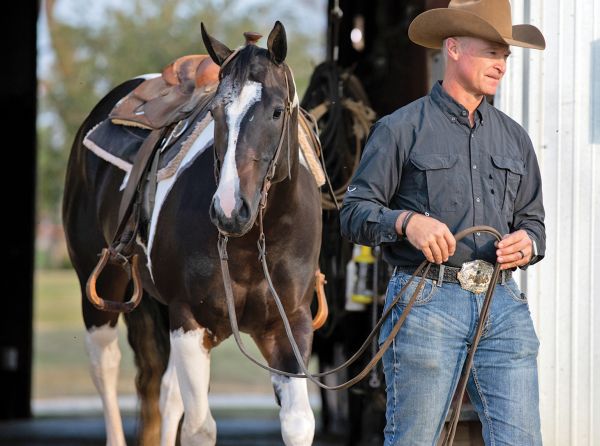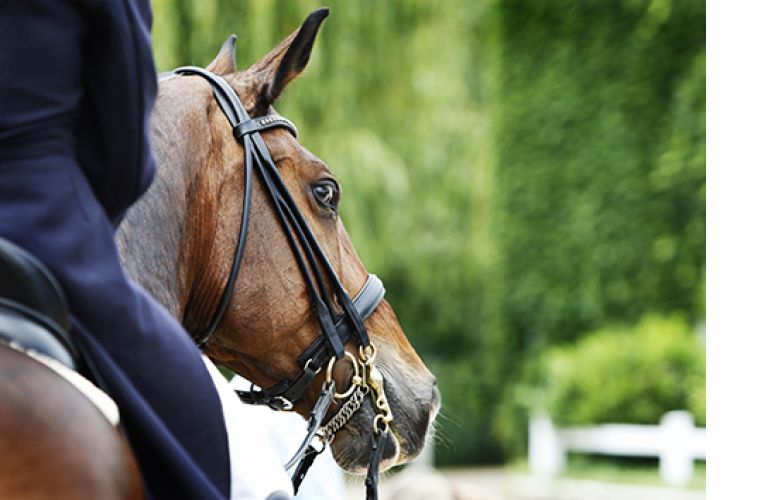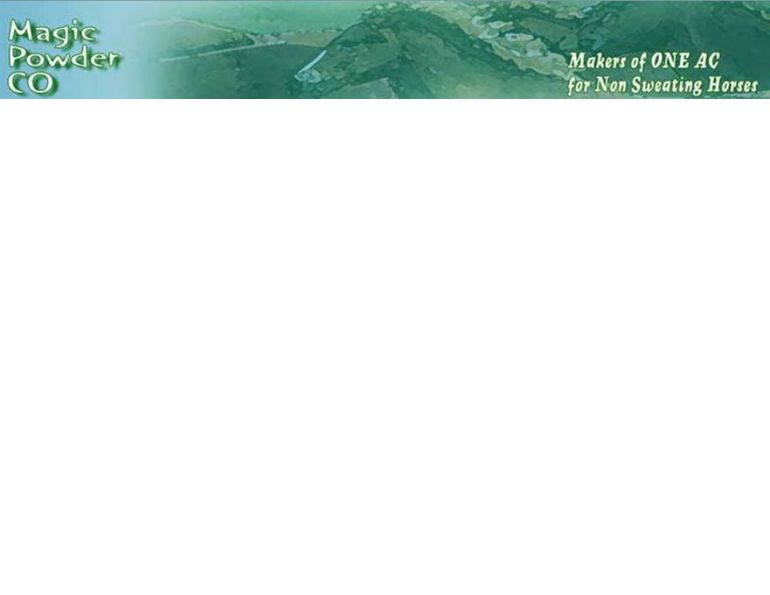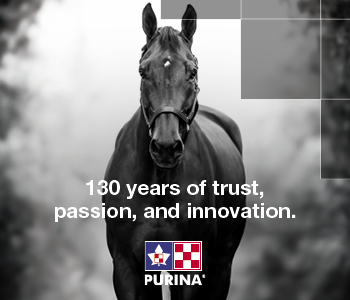By Jess Hallas-Kilcoyne
Do you dream of a career with horses? Here’s a brief look at the basic educational requirements to become an Equine Veterinarian.
Job Description
Equine veterinarians are responsible for providing preventative health care as well as treating illnesses and injuries in horses. This includes everything from giving vaccinations and floating teeth, to diagnosing lameness and administering emergency first aid. Veterinarians can also choose to specialize in a specific area of equine health care such as surgery, theriogenology (reproduction), dentistry, and internal medicine.
Most equine veterinarians work in private practice, either in a veterinary clinic setting, on a mobile basis (making farm calls), or a combination of the two. Others enjoy careers in academia, research, or government work.
Education
The road to becoming an equine veterinarian is a long one. A minimum of two full years of study at an accredited college or university are required to satisfy the prerequisite courses for admission to one of Canada’s five veterinary schools, but most pre-veterinary students opt to complete a four year bachelor’s degree. Generally, veterinary school admission requirements include an absolute minimum cumulative average of 75 percent, although this varies somewhat across institutions.
|
Photo: Pam MacKenzie Photos |
At present, the five Canadian universities with veterinary schools accredited by the American Veterinary Medical Association (AVMA) are: University of Calgary, University of Saskatchewan, University of Guelph, Université de Montréal, and University of Prince Edward Island. There are currently also 28 AVMA accredited veterinary schools in the U.S. and nine others outside of North America.
The curriculum at most veterinary schools takes four years to complete. Graduates receive a Doctor of Veterinary Medicine degree (DVM), after which they are given the choice of seeking employment or continuing their education in order to specialize in a particular branch of equine veterinary medicine. The latter choice usually consists of a minimum one year internship followed by a two to three year residency in the chosen specialty. Upon completing a residency program, the veterinarian must successfully sit the specialty board examination before they can be recognized as a specialist.
Other Requirements
If you’re interested in a career in equine veterinary medicine, be prepared, in addition to working a five or six day week, to be on call for emergencies 24/7. If you plan to operate your practice out of a vehicle, expect to spent at least a couple of hours daily behind the wheel traveling between farm calls. Long hours are the norm, as is working outdoors in all types of weather conditions. Finally, an equine veterinarian should have the physical strength and stamina to handle working with such large, powerful animals.









